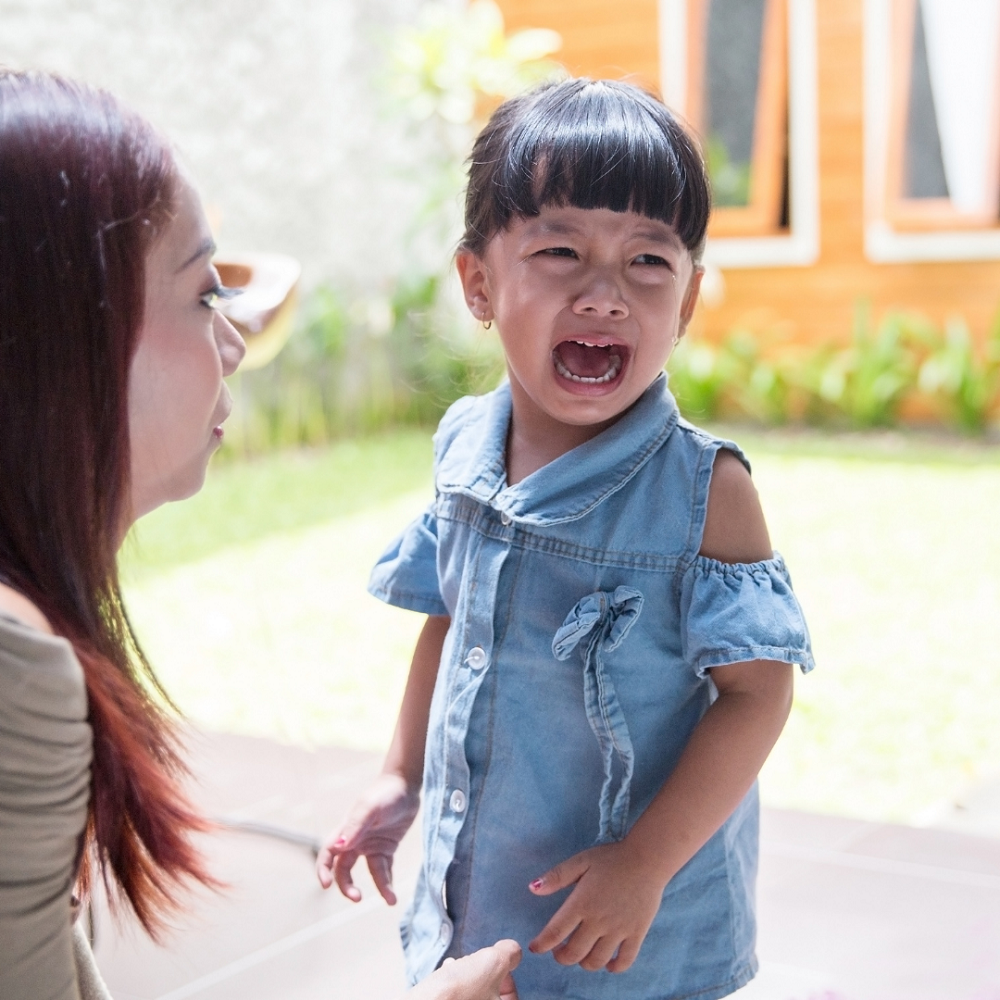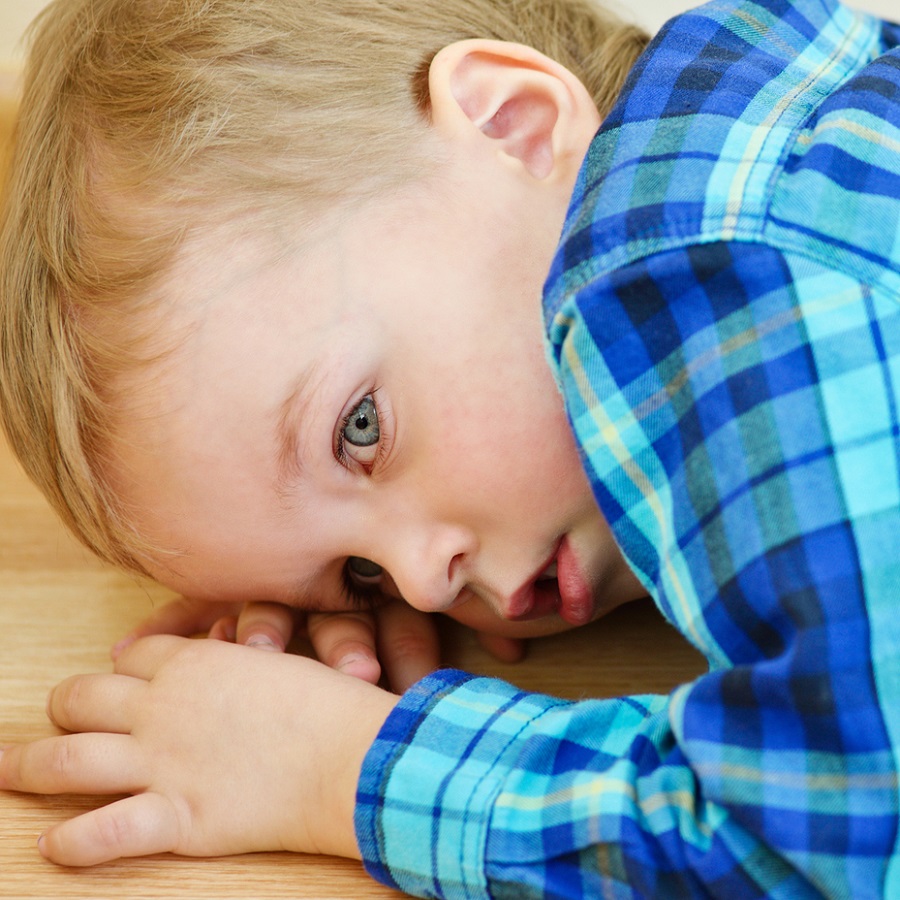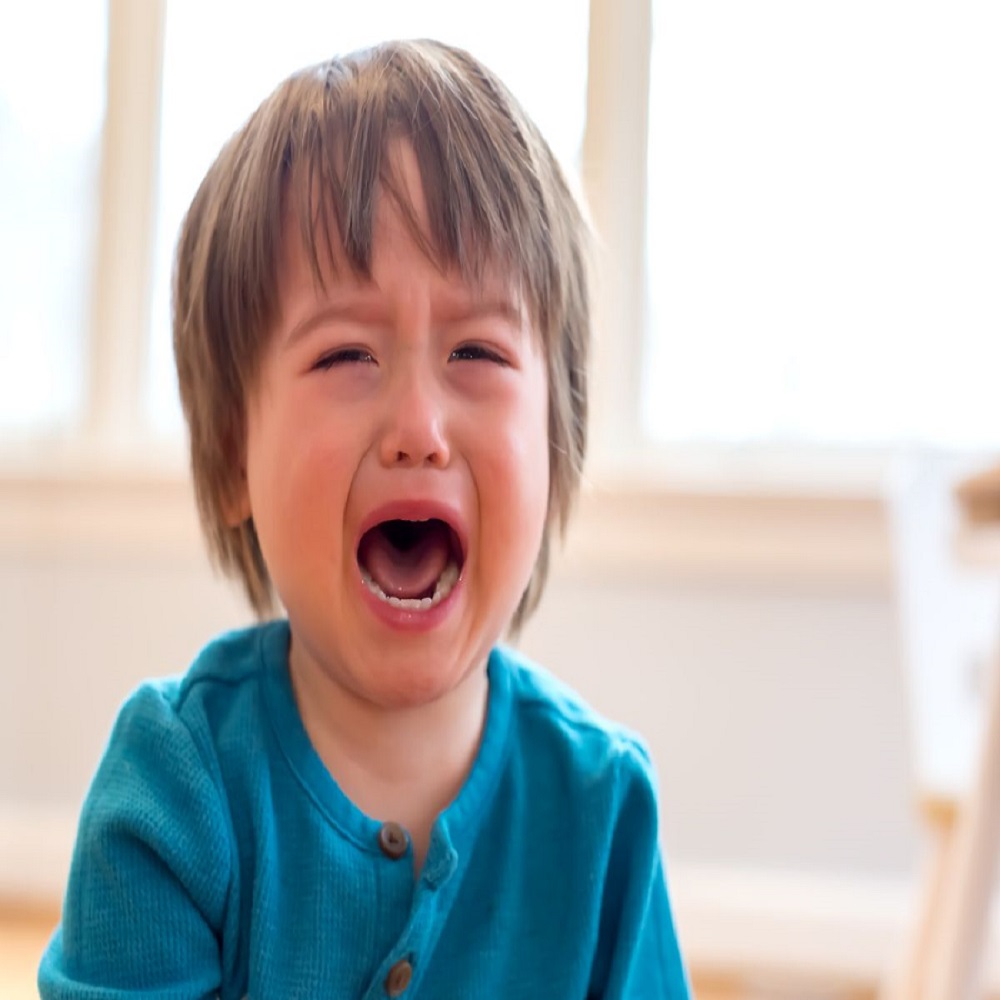Common Reasons Toddlers Become Aggressive
Toddlers may hit others due to many reasons. They might feel frustrated or overwhelmed. They could be testing boundaries or seeking attention. Sometimes, they imitate what they see at home or on TV. Or they may not have the words to express what they feel.
Frustration and Lack of Communication Skills
When toddlers can’t talk about their needs, they get frustrated. This might lead them to hit.
Testing Boundaries and Seeking Attention
Toddlers learn about the world by trying new things. They might hit to see what happens. Or they may hit to get a quick response from adults.
Overwhelmed by Emotions
Big feelings can be too much for little ones. They might hit as a way to cope.
Imitation
Toddlers often copy what they see. If they see hitting around them, they might do the same.
Lack of Moral Understanding
They are still learning right from wrong. They might not know that hitting is bad.
Toddlers develop self-control slowly. Their actions, like hitting, often show this. With time and help, they will learn to handle their emotions better and hit less.

The Parental Role in Managing Toddler Hitting
As parents, you play a key role in managing your toddler’s hitting behavior. It’s vital to understand the issue and respond properly. Here are strategies that can help.
Be Consistent
Use the same method for dealing with hitting each time. This teaches toddlers what to expect.
Stay Calm
React calmly to hitting. This shows toddlers that hitting won’t ruffle you.
Teach Words
Help toddlers find words for their feelings. They can use words instead of hits.
Understand Triggers
Notice what causes your toddler to hit. Avoid these triggers when possible.
Give Attention
Spend one-on-one time with your toddler. This can reduce their need to hit for attention.
Model Behavior
Show how to handle frustration without hitting. Toddlers learn by watching you.
Offer Choices
Give toddlers options for saying ‘no’ or ‘stop.’ This helps them feel in control.
Praise Good Behavior
Always notice and praise when your toddler is gentle or communicates well.
Create a Safe Space
Have a place where your toddler can calm down. Teach them it’s okay to feel upset.
Use Time-Outs Sparingly
If you use time-outs, keep them short and explain why they’re happening.
Parents need patience and consistency to help toddlers grow out of hitting. If you do your part at home and the hitting persists, it’s okay to ask for help. Your efforts support your toddler’s development and well-being.

Strategies to Address and Prevent Hitting
Dealing with a toddler who hits is tough. It requires a steady, calm approach from parents. Let’s talk about ways to prevent toddlers from hitting and how to respond if they do.
Be Proactive
Watch for signs that your toddler might hit. Stop them before they act. Offer other things to do.
Teach Expressive Language
Help them find words for feelings. This can prevent hits. Use simple words they understand.
Firm but Gentle Discipline
Set clear rules about hitting. Say ‘no’ to hitting calmly. Show them gentleness instead.
Offer Physical Alternatives
Give them things to bash safely, like pillows or drums. This can stop them from hitting others.
Praise Positive Actions
Say ‘well done’ when they are gentle or speak their feelings. This encourages good behavior.
Consistent Parenting
Make sure all caregivers react the same way to hitting. This helps toddlers learn faster.
Redirect Their Energy
Guide them to different play when they seem likely to hit. This distracts and teaches.
Support Their Efforts
Acknowledge when they try not to hit. Tell them you see their hard work.
Limit Exposure to Violence
Keep violent TV shows or games away from them. They copy what they see.
Give them Attention
Spend time with your toddler. They often hit less when they feel noticed and loved.
These strategies can make a big difference. Stick with them, and your toddler will learn. If your child keeps hitting or gets worse, it might be time to ask for help. It’s okay to reach out if you need it.
Understanding Emotional Regulation in Toddlers
Toddlers are just beginning to learn how to handle their emotions. Emotional regulation is a skill that develops over time, which explains why a toddler might hit when they’re overwhelmed or frustrated. They might not yet have the words to express their feelings or the self-control to manage their impulses. As toddlers’ brains mature, they gradually learn to process and respond to their emotions in more acceptable ways.
The Development of Emotional Regulation
Very young children can often feel overwhelmed by strong emotions. Since their language skills are not fully developed, they might express their frustration through hitting. It is the parent’s job to guide their toddlers as they learn to navigate their emotions.

Role of Parents in Teaching Emotional Regulation
Parents play a key role in helping toddlers with emotional regulation. Consistently naming emotions helps toddlers recognize and eventually manage what they feel. For example, saying, “You seem angry right now,” helps toddlers start to connect their feelings with words.
Modeling emotional control is also very important because toddlers learn from watching their parents. If parents show they can manage frustration calmly, toddlers will learn to mimic that behavior. Creating a safe space, like a calm-down corner, can also teach toddlers to retreat and find peace until their emotions subside.
Finally, parents should use tools like emotion charts or age-appropriate books about feelings to help toddlers understand and express their emotions. This not only helps with immediate behavior management but also contributes to the toddler’s long-term emotional development.
The Impact of Consistent Parenting Responses
Consistent parenting responses play a crucial role in managing toddler aggression. When parents react the same way to a child’s hitting each time, the child begins to understand the consequences of their actions. Here’s why consistency matters:
Reinforces Understanding of Behavioral Expectations
Toddlers learn the bounds of acceptable behavior through repeated experience. If reactions to hitting vary, toddlers may become confused about what is allowed.
Promotes Sense of Security and Predictability
Children feel safer when they know what to expect from their caregivers. Consistent responses to hitting give a sense of stability.
Aids in Developing Self-Control
By experiencing consistent limits, toddlers slowly learn to control their impulses. They start to think before acting.
Enhances Learning of Non-Aggressive Behaviors
Parents who consistently redirect hitting to positive behaviors teach alternatives to aggression. Hitting decreases as other coping skills are learned.
Accelerates Behavioral Change
Predictable consequences for hitting can help children change behavior faster. They understand what results from hitting and choose not to do it.
Encourages Trust Between Child and Parent
When parents respond reliably, children trust them more. This trust helps the child accept guidance and instruction.
Builds a Framework for Future Discipline
Consistent responses now prepare toddlers for future discipline. They will understand that all actions have consequences.
Parents must work together to ensure their responses to hitting are aligned. Discuss and agree on a strategy with all caregivers involved in your child’s life, to foster a unified approach. Consistent parenting is key to guiding toddlers through this tough phase, setting them up for better emotional regulation and behavior in the years ahead.
Redirecting Aggressive Behavior to Appropriate Outlets
When toddlers show aggression, like hitting, it’s crucial to guide them gently towards acceptable behaviors. Redirecting their energy into appropriate outlets not only prevents undesirable actions but also encourages the development of positive coping mechanisms. Here are actionable steps parents can take to help their little ones handle their big emotions:
Identify Suitable Activities
Choose activities that let toddlers express themselves physically without harm. Think of playful wrestling on a soft mat, pounding on play dough, or drumming on pots and pans. These can serve as outlets for pent-up energy or frustration.
Create a ‘Calm Down’ Area
Set up a cozy corner with pillows, stuffed toys, or books. Teach toddlers to retreat here when they’re feeling upset. This spot can become their safe zone for regaining composure.
Encourage Artistic Expression
Provide crayons, paints, or clay. Art allows toddlers to channel their feelings into creating something. Praising their masterpieces builds their self-esteem.
Physical Play is Key
Incorporate running, jumping, or dancing into daily routines. These activities give toddlers a way to burn off energy constructively and joyfully.
Use Role-Play
Act out situations with toys to learn about gentle touch. Show how dolls or action figures ‘use their words’ instead of fighting.
Praise Peaceful Play
When you see your toddler sharing, playing nicely, or expressing themselves without aggression, offer immediate and enthusiastic praise. Reinforce the idea that calm, non-violent interaction is rewarding.
Introduce Deep Breathing
Teach simple breathing exercises as a way to calm down. You can make it fun by blowing bubbles or a pinwheel to practice steady breaths.
Toddlers learn from repetition and positive reinforcement. Showing them different ways to manage their reactions helps deter hitting and promotes emotional growth. If these strategies don’t seem to help, or if aggression escalates, don’t hesitate to seek professional advice. It’s important for both the child’s development and the family’s harmony.
When to Seek Professional Help
When your toddler’s hitting becomes concerning, it’s time to look for expert help. Here are signs that it’s time to reach out:
Persistent Aggressive Behavior
If your child keeps hitting without change, despite your best efforts, get help. Persistent aggression, especially after age three or four, needs attention.
Intensity and Frequency
Excessive aggression compared to others their age is a red flag. If hitting is severe or injuries happen, seek advice.
Other Troubling Behaviors
When hitting is part of other worrisome actions or tantrums, a professional’s guidance can make a big difference.
Family Stress
If hitting causes big family distress, or if you’re feeling overwhelmed, it’s okay to seek support. A professional can offer strategies and relief.
Don’t wait too long to ask for help. Early intervention can help your toddler learn better ways to express themselves. It can also restore peace to your home. You’re not failing as a parent by seeking help. It shows you care deeply about your toddler’s growth and emotional health.
Remember, it’s normal for toddlers to test boundaries as they grow. With consistent care, most hitting phases pass. But when they don’t, professionals like pediatricians or child psychologists can work with you to find the cause and create a plan. They’ll provide tools and teach skills that help everyone involved.
Supporting Healthy Development and Well-being
Encouraging your toddler’s growth in a positive direction is key to healthy development. Here are some tips to ensure their well-being:
Encourage Positive Interactions
Teach your toddler to share and play nicely. Reward them with praise when they do.
Provide a Variety of Activities
Offer activities that let them explore and learn. Include puzzles, building blocks, and story time.
Establish Routines
Stick to regular nap times, meals, and bedtime. Routines give toddlers a sense of security.
Promote Physical Health
Ensure they eat healthy meals and get plenty of exercise. This helps with their energy levels.
Foster Emotional Health
Talk about feelings openly. Teach them it’s okay to express all emotions.
Nurture Curiosity
Answer their questions and let them try new activities. Curiosity leads to learning.
Create a Safe Environment
Keep them in a home where they feel loved and protected. This builds their confidence.
With these steps, you can support your toddler’s overall development and pave the way for a healthier, happier childhood.
